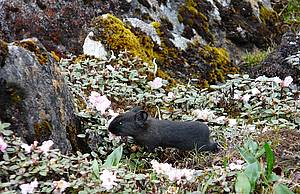 The high altitude areas of India’s north-eastern states are a nature lover’s paradise but many of the area remain unexplored because of the difficult terrain. It is therefore no wonder that some wild creatures still remain hidden in the vast landscape of these inaccessible lands. WWF-India recently discovered one such creature that was never before reported to be found in India – the rare black pika.
The high altitude areas of India’s north-eastern states are a nature lover’s paradise but many of the area remain unexplored because of the difficult terrain. It is therefore no wonder that some wild creatures still remain hidden in the vast landscape of these inaccessible lands. WWF-India recently discovered one such creature that was never before reported to be found in India – the rare black pika.WWF-India has been working in the western parts of Arunachal Pradesh, a north-eastern state of India, since 2002. In collaboration with other organizations and the government, the team is trying to conserve the biodiversity of the land. A recent survey conducted by WWF along with local villagers at the Tawang and West Kameng districts of western Arunachal Pradesh brought wonderful news when they discovered a rare mammal roaming in the parts.
Near Potok area at an altitude of 4300m within the Thembang Bapu Community Conserved Area (CCA) the team found the black pika. It is a rare mammal that has never before seen in India. The animal was in a scrubland habitat feeding on Rhododendron. The team that discovered the animals consisted of Aishwarya Maheshwari, Kripaljyoti Mazumdar and Pema Wange of WWF-India.
Aishwarya Maheshwari, Senior Project Officer, WWF-India said, “This pika resembles the one discovered in China but it urgently needs genetic confirmation to know whether this newly reported pika is the same or a new subspecies.”
Encouraged by WWf-India the locals dwelling in western parts of Arunachal Pradesh have started taking interest in conserving the precious natural heritage of their lands. The village panchayats have adopted resolutions and issued notifications declaring parts of the forest area under their ownership as Community Conserved Area (CCA). The communities have demarcated two such CCAs – Thembang Bapu CCA and Pangchen Lumpo Muchat CCA.
J.L. Singh, The Chief Wildlife Warden of Arunachal Pradesh, said, “These areas are quite unexplored and I hope these surveys by WWF-India will increase our knowledge about the wildlife found in such high altitude areas.”
Already the team has established the presence of 30 mammals in the area including the rare snow leopards and red panda.
Pijush Dutta, Senior Landscape Coordinator, WAL Programme Office, WWF-India concludes, “Though the terrain is difficult, we are making new discoveries whenever we go out for exploration. This is just the tip of the iceberg, as we believe many more discoveries will follow.”
About the Black Pika
The black Pika looks like a small hare or rabbit with rounded ears and is black in color. It was earlier discovered in Yunnan district of China in 2000. India has other Pika species as well, with the black one in all probability becoming the 8th of the species to be discovered in India.
The high altitude dwelling black pikas are burrow makers and are known to be allogenic which means their burrows are used by other animals and birds as well as homes. They are in the lowest end of the food chain and therefore are prey to many carnivorous birds and animals.
Related stories:
Darjeeling to have Off-Display Breeding Centre for Himalayan Species
Brown Bear Mother and Cub caught on camera in Kargil
WWF-India Captures Rare Photo of Red Panda
Article and media source: WWF-India





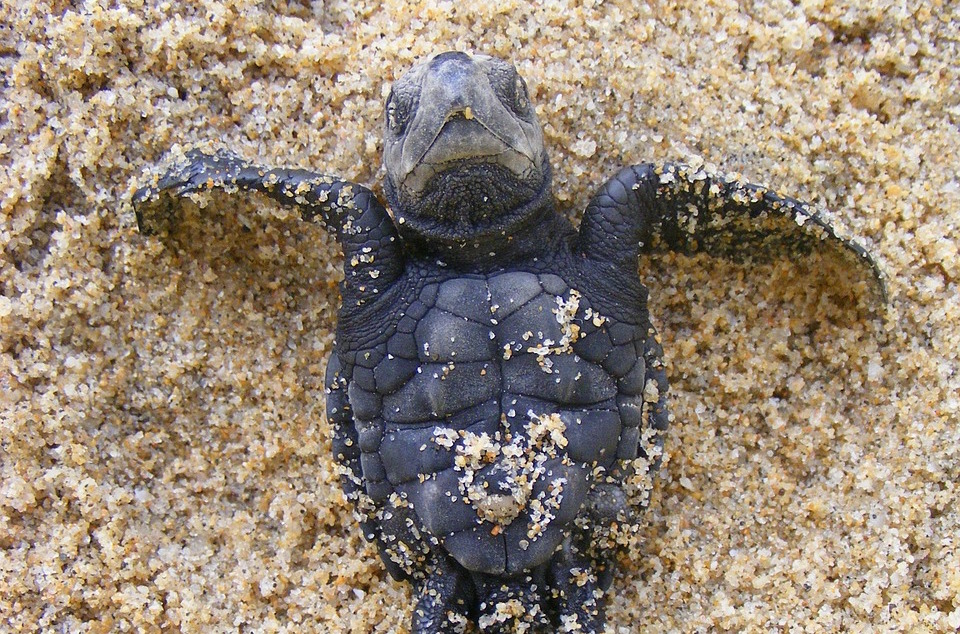
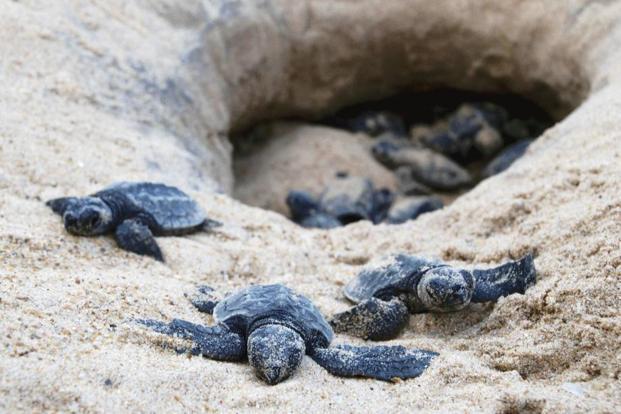
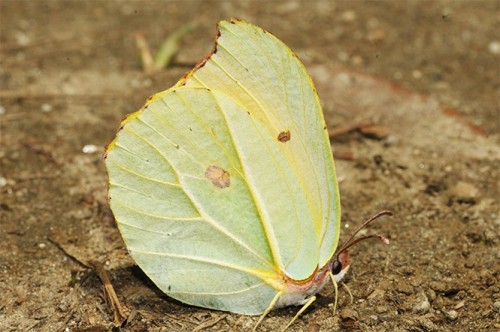
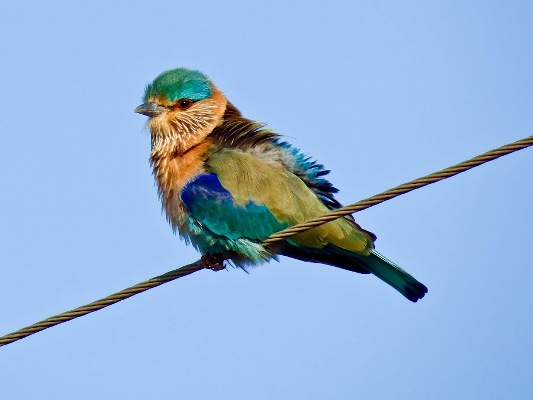
Interesting News!!!